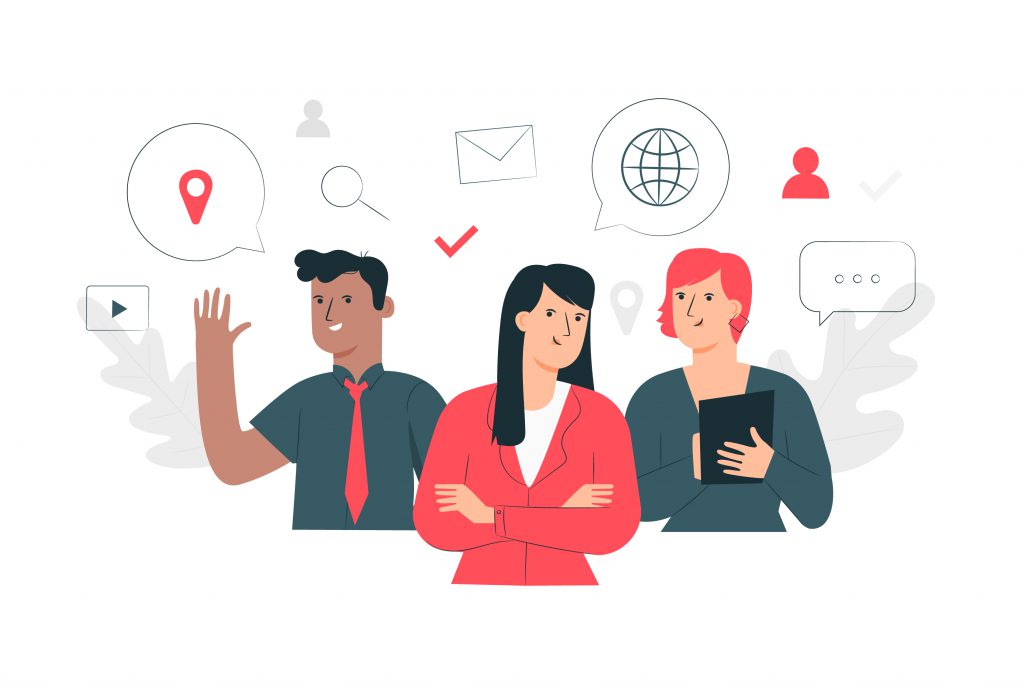Digital Public Goods Roundtable Update

This morning the Digital Public Goods Alliance participated in a roundtable organized by the United Nations Secretary General’s Office on the implementation of recommendation 1B from the Report of the High-Level Panel on Digital Cooperation, and subsequent Secretary-General’s Roadmap for Digital Cooperation.
We provided a detailed update on the activities of the Alliance over the past 6 months, and shared the roadmap for our future work. Some highlights from this presentation are included below, as well as the link to the complete presentation.
- The Digital Public Goods Alliance has established an interim Secretariat co-led by UNICEF and Norway to coordinate and operationalize the work of the Alliance. The 4 initial Co-Champions; Sierra Leone, iSPIRT, UNICEF and Norway form an Interim Strategy Group, which will evolve into a formalized governance structure by Q4 2021.
- The Digital Public Goods Platform is streamlining the submission of nominations through an online form, while aligning with other partners developing similar lists (Digital Impact Alliance and Ovio). The Alliance is in the final stages of creating a Digital Public Goods Standard 1.0, working with partners to create a comprehensive, shared assessment criteria.
- The Communities of Practice (CoPs) are groups of experts who convene to support the discovery, assessment and advancement of high-potential Digital Public Goods within a priority area. In 2020 there are four communities of practice:
- Early grade reading: Concluded July 2020 with 8 vetted DPGs
- Financial inclusion: Focus on foundational technologies for financial inclusion. Currently identifying projects for additional assessment.
- Climate Change Adaptation: Focus on climate and weather services. There are 30 identified projects for review by the full CoP.
- Digital Health: Currently forming an Advisory Group.
- Pathfinder countries are those who take a leadership and pioneering role in the development, adoption and implementation of Digital Public Goods. Jordan was the first country to formally join the Alliance as a Pathfinder Country in the spring of 2020 and is deploying a Digital Public Good for youth employment.
The Alliance is also exploring engagement with the following countries as potential pathfinders:- Ghana (exploratory) is convening local stakeholders to select and implement 2 to 3 Digital Public Goods at a subnational scale within the first year.
- Niger (exploratory) is focusing on digital skills and education content.
- The presentation also highlighted two potential Digital Public Goods in which the Alliance co-champions are involved. These examples help to illustrate the potential of Digital Public Goods when deployed at scale, a model the Alliance hopes to emulate:
To conclude the presentation, we included several engagement opportunities for the high-level panel participants with the goal of expanding our collaborations with them in the future.
Get Involved
Only by working together can we make this happen. The Digital Public Goods Alliance is, itself an open project, and we seek engagement and support from any governments, businesses, civil society, technology providers, donors, and experts wishing to help us achieve our aim.
Learn more about the Digital Public Goods Alliance on our website.
Follow our blog, or join our mailing list.
Want to contribute with funding, technology, or expertise? Sign up here.
Nominate digital public goods through this form or with a pull request.
Header Image Credit: Job vector created by stories — www.freepik.com